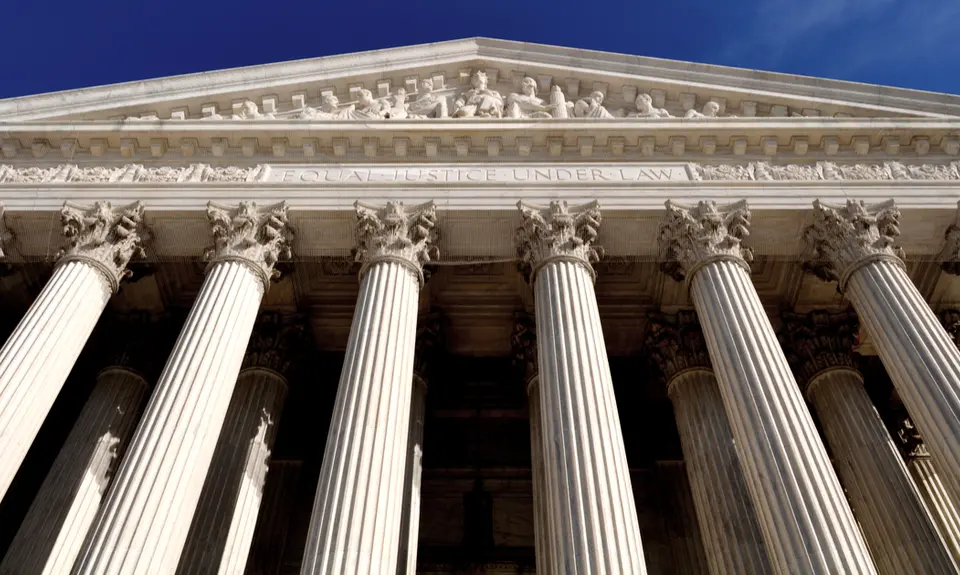“Confirmed Judges, Confirmed Fears” is a blog series documenting the harmful impact of President Trump’s judges on Americans’ rights and liberties. Cases in the series can be found by issue and by judge at this link.
Trump Ninth Circuit judges Daniel Bress and Mark Bennett joined a dissent that argued that the United States Citizenship and Immigration Service (USCIS) correctly denied a special visa to the husband of an immigrant who had been raped as a child in the US and cooperated with local police, and who therefore was eligible by law for adjustment of status for her and her husband. The dissent’s view was rejected by the other judges on the court, including Trump judges Daniel Collins and Patrick Bumatay, which granted relief in its December 2020 decision in Medina Tovar v Zuchowski.
Maria Medina Tovar came to the US with her family from Mexico at the age of six. When she was 12, a stranger “raped her at knife-point in her home.” Tovar suffered “substantial trauma” but nevertheless cooperated with police in bringing the attacker to justice.
When Tovar turned 21, she applied for a special “U visa”, which federal law makes available in order to “grant legal status” to some immigrants who are “victims of crime” in the US and “assist law enforcement.” During the several years that her application was pending, Tovar married Adrian Alonso Martinez, who is also an immigrant from Mexico. When she later received the U visa, Tovar also applied as the “principal petitioner” for a similar visa for her husband, pursuant to federal law. USCIS denied the application for Martinez, however, based on a regulation that stated that the spousal relationship must have existed at the time that the victim applied for the U visa. A federal district court and a three-judge panel of the Ninth Circuit agreed with USCIS, but the case went to an 11-member en banc panel for rehearing.
Eight judges agreed that the USCIS regulation was invalid and reversed the decision. The majority opinion by Judge Susan Graber explained that the statute’s language was “clear” and that, based on prior precedents, it was improper for the agency to try to “add a new requirement when Congress has specified the criteria for an immigration benefit.” Specifically, the majority went on, the immigration statute at issue stated that when someone under 21 seeks to get a U visa for him or herself and for a younger sibling. that sibling “must have been younger than 18 at the time the principal petitioner filed for U-visa status.” On the other hand, with respect to a spouse, child or parent, the majority continued, “the statute contains no similar reference” to the “date of the principal petitioner’s application.”
Instead, the majority pointed out, the law provides that a spouse, parent or child “accompanying or following to join” a principal petitioner is also eligible for a U visa. The same phrase has been used by Congress in other laws that grant immigration benefits to “spouses who may be treated as derivative beneficiaries” under other laws concerning changes of immigration status, “so long as the spousal relationship exists before the government grants the principal’s application for adjustment of status.” That was precisely the situation with respect to Tovar and Martinez and, the majority concluded, the USCIS regulation is “invalid” and Martinez was “entitled to receive a U visa.” Trump judges Collins and Bumatay agreed with the result, although they did not join the majority’s “broader” suggestion that the same interpretation applies with respect to all immigration statutes that contain the “accompanying or following to join” language.
In contrast, Trump judges Bress and Bennett joined a dissent by Judge Consuelo Callahan. The dissent argued that the statutory language was “ambiguous” and that the view of the other 8 judges “is not the only reasonable interpretation” of the language. According to the dissent, the court should have deferred to the agency’s view and should not have “unreasonably” restricted “the agency’s responsibility to interpret the ambiguous statute.”
As both the majority and the concurrence explained, however, a court appropriately defers to an agency’s interpretation of a law, under the familiar Chevron principle, only when the court itself concludes that the statute is ambiguous and the “intent of Congress” is not clear “from the terms of the statute.” As the Supreme Court has explained, that determination must first “exhaust all the traditional tools of construction” of a statute before a court decides to “wave the ambiguity flag.” As explained above, using those tools, both the majority and the concurrence concluded that Congress’ intent was “clear” and “straightforward,” and that the agency’s regulation was invalid.
If it had been up to Trump judges Bress and Bennett, however, the court would have deferred to USCIS, and immigration relief would have been denied to Tovar’s husband despite the federal statute. That result would also have upheld an improper agency rule that could affect many others as well.
